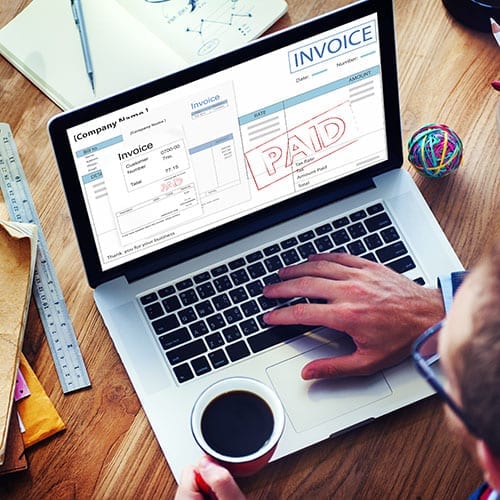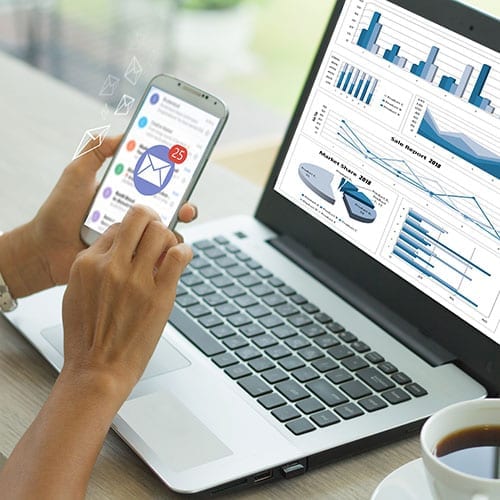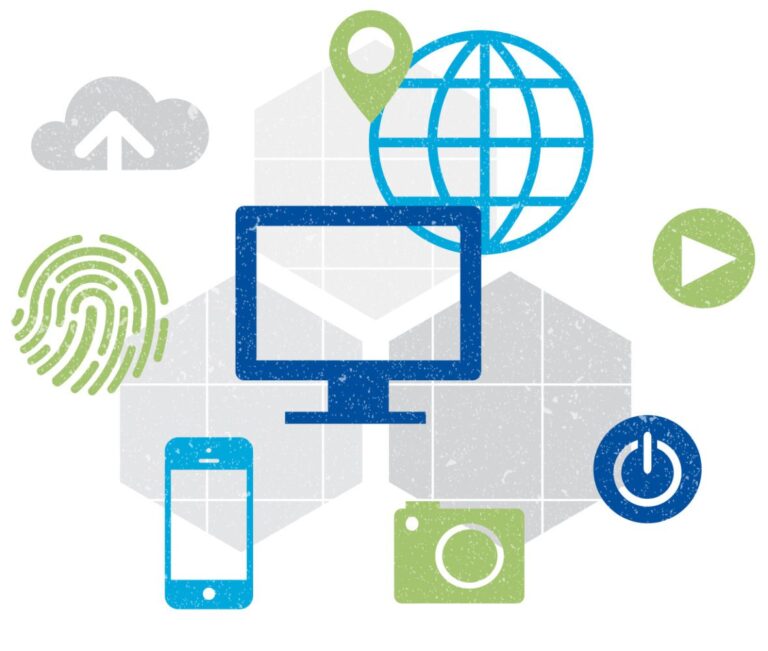Trends shaping the future of cloud accounting
As digital transformation accelerates across all industries, cloud accounting stands at the forefront. As businesses increasingly migrate their record keeping to the cloud, the future of cloud accounting promises to continue to improve on advancing technologies and heightened security measures.
Artificial intelligence (AI) and machine learning (ML) integration
AI and ML are set to become key in cloud accounting. These technologies enable systems to learn from data and improve their functions over time. For instance, AI-driven automation can handle repetitive tasks such as data entry, invoice processing, and reconciliation, significantly reducing the time and effort required for these activities. ML algorithms can analyse financial data to identify patterns and anomalies, offering predictive insights that help in forecasting and strategic decision-making.
Advanced data analytics and real-time reporting
The future of cloud accounting is data-driven. Advanced data analytics tools will enable businesses to gain deeper insights into their financial performance. These tools can process vast amounts of data quickly and accurately, providing real-time reporting and dashboards that offer a comprehensive view of a company’s financial health. This capability allows for more proactive financial management, enabling businesses to respond swiftly to emerging trends and challenges.
Enhanced mobility and remote access
As our lives get busier and more mobile, cloud accounting platforms will keep evolving to support remote access. The ability to manage finances from anywhere, at any time, is no longer a luxury but a necessity. Future cloud accounting solutions will offer more robust mobile applications, ensuring that users can access real-time financial information and perform critical tasks on the go. This trend is particularly significant for small and medium-sized enterprises (SMEs) that require flexible and scalable solutions to manage their finances effectively.
The future of cloud accounting is integration with other business systems
With businesses using various software solutions for different functions, the need for seamless integration between these systems is paramount. Future cloud accounting platforms will focus on enhancing their integration capabilities with other business applications. This holistic approach enables a unified view of business operations, streamlining workflows and improving overall efficiency.
Greater emphasis on cybersecurity
With the increasing reliance on cloud technologies, cyber security will remain a top priority. Future cloud accounting solutions will incorporate advanced security measures, including encryption, multi-factor authentication, and artificial intelligence-based threat detection. These measures are essential to protect sensitive financial data from cyber threats and ensure compliance with data protection regulations.
The future of cloud accounting is bright. As technology continues to reshape the landscape, businesses can look forward to more efficient, secure, and insightful financial management tools.
By staying aware of these trends, organisations can harness the full power of cloud accounting to drive growth and innovation in an increasingly competitive environment.







